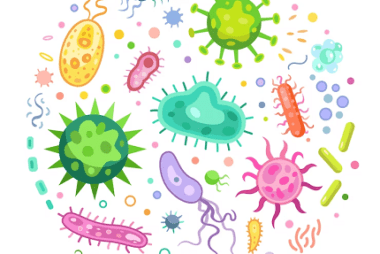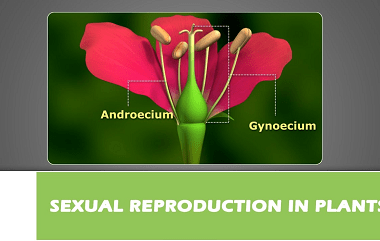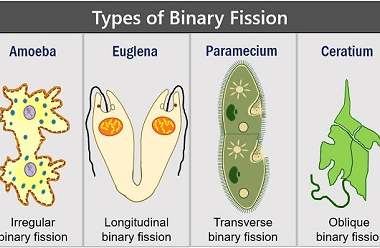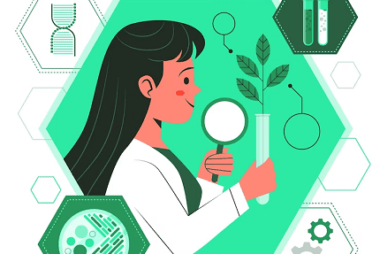Integrated Course AIIMS-SYLLABUS Biology syllabus Microbes
Microbes Microbes, short for microorganisms, are microscopic organisms that include various types of bacteria, viruses, fungi, and protists. They are found in every habitat on Earth and play crucial roles in various biological processes. Here’s a brief overview of different types of microbes: Microbes have both positive and negative impacts on human life. On the…









